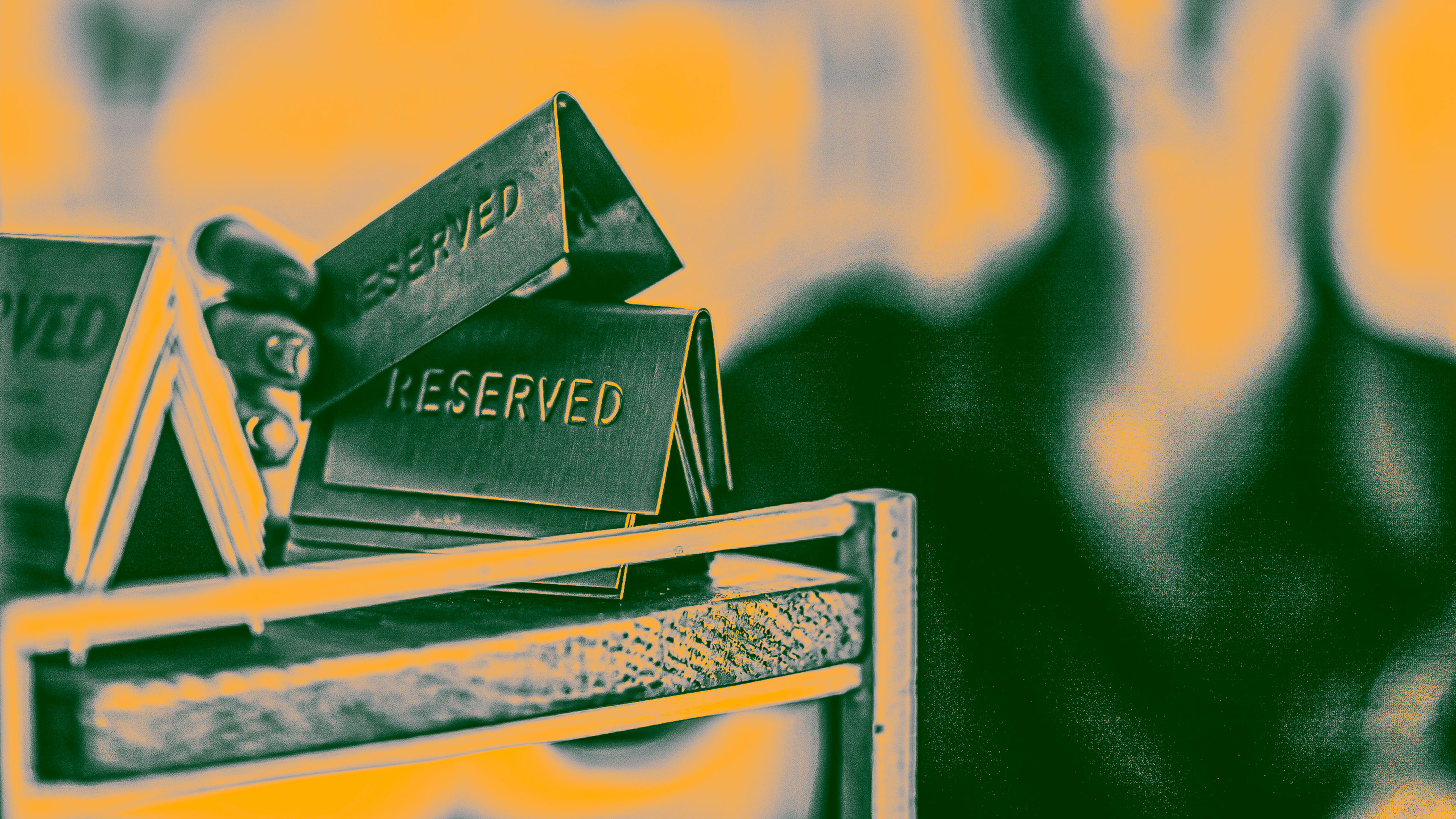That cool seat by the window in your favorite restaurant might soon cost extra.
Restaurants are taking a page from the airline industry—for better or worse—and selling premium seating in their dining rooms for an extra $5 to $100, depending on the time of day, the day of the week, or the table’s location.
A growing number of well-known eateries, including the Japanese cuisine brand Roka Akor, Alexander’s Steakhouse in the Bay Area, and Plank Seafood in Omaha are now using a service called Tablz that lets guests view a 3D map of restaurants and pay extra to reserve popular tables. The prices will vary and surge with demand. A seat with a view of the kitchen might be free on Monday or Sunday night, but on Friday at 7 p.m., it could cost you $75. The app, Tablz, takes a 30% cut.
“The restaurant financial model is broken,” says Tablz founder Frazer Nagy. “You can upgrade your hotel room, your car rental, seats at a basketball game, seats on an airplane. Every other industry has figured out pricing through upgrades, except restaurants.”
But modeling tactics after the airline industry is risky. Airlines use surge pricing based on increased demand, they overbook to make up for no-shows, and they add extra fees for everything from leg room to luggage—and consumers hate it. The airline industry has long trailed behind other industries when it comes to making people happy. Only last year, when some airlines eliminated extra fees and offered simplified ticketing processes, did customer satisfaction increase.
“No one wants to have the reputation of airlines,” says John Imbergamo, a Denver restaurant consultant.
Fear of consumer backlash has prompted some restaurants to tread lightly when it comes to charging for better restaurant real estate. “I was worried at first that people would think it’s tacky,” says Rob Holder, Roka Akor’s director of brand development at International Cuisine, which rolled out Tablz to three Roka Akor locations in Chicago, Houston, and Scottsdale, Arizona. “People hate being nickeled and dimed. But we pay for all these other premium experiences.”
How consumers respond to the upcharge may depend on the customer’s age and their location. Younger customers tend to be more open to paying extra for premium seating at Roka Akor’s locations in Arizona and Chicago, says Holder. But it didn’t go over well in Houston. “We’re easing into something like this,” he says.
Boosting revenue, however, is an attractive proposition to restaurateurs these days. Inflation, supply-chain shortages, and labor shortages are eating into restaurant profits. Eateries across the nation are starting to raise prices for meals. In Charlotte, North Carolina, Good Food on Montford owner Bruce Moffett said recently that soaring expenses prompted him to charge “New York Prices,” with $16 small plates and $20 glasses of wine. Other restaurants require deposits of $25 per person with reservations to prevent no-shows, while others are charging 22% service fees to cover labor costs.
Already some restaurants are pulling in an extra $1,500 a week by charging for tables, and Tablz’s Nagy argues that charging for coveted seating could net a restaurant chain an additional $1 million in revenue each year. Fellow restaurant patrons wouldn’t know if a customer paid an extra $100 for the view of the city by the window, and he says that, because people must already be able to afford that eatery, it’s not necessarily widening the gap between the haves and have-nots in the restaurant world. Seating upgrades have always happened, but typically you had to know someone at the restaurant or slip the maître d’ cash.
The more fees a restaurant charges, the more likely customers will be to revolt, says Imbergamo. “Much of this is modeled after airlines, and God knows it’s not the best model,” he says, “Hopefully, the restaurant industry won’t go in that direction.”
Recognize your company's culture of innovation by applying to this year's Best Workplaces for Innovators Awards before the extended deadline, April 12.
